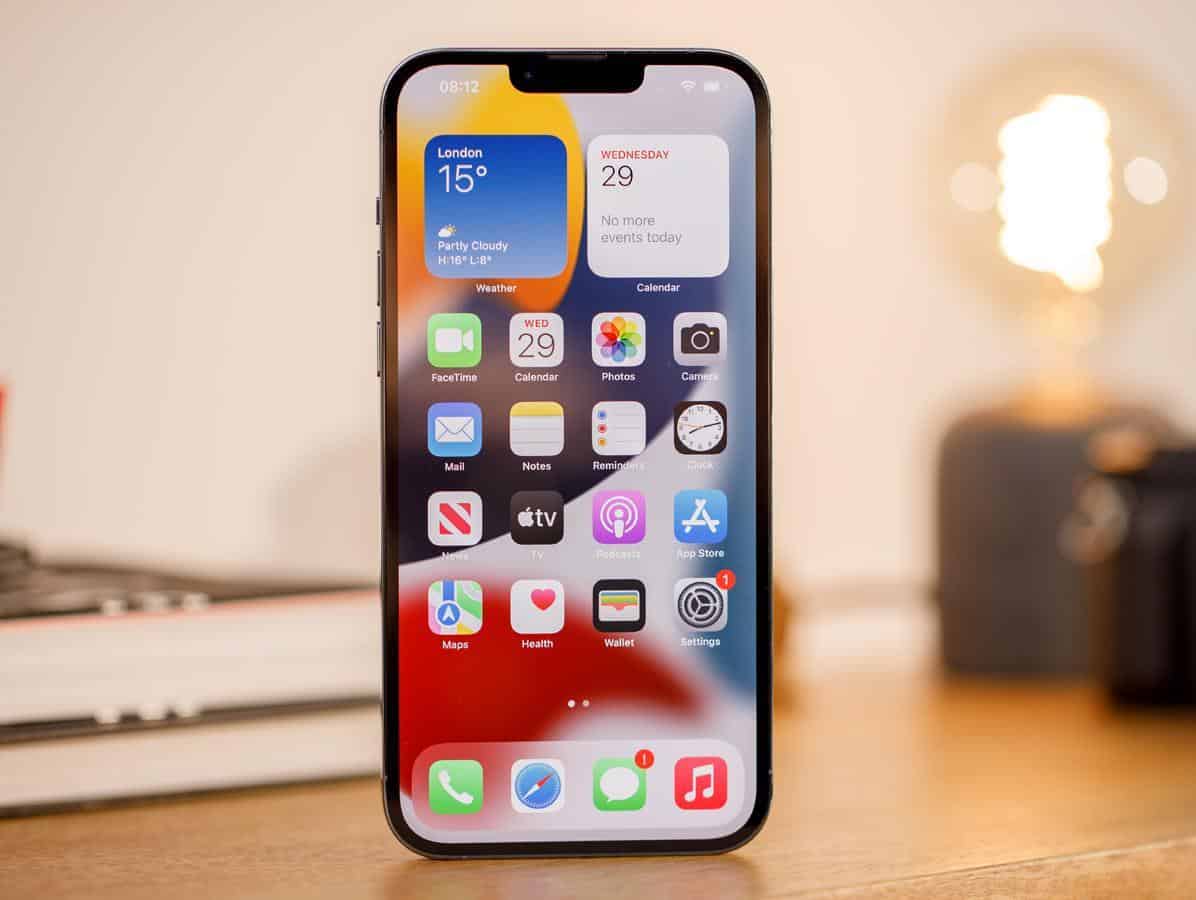It has long been believed that Apple tech is more secure. There is good reason for this. Whereas other tech companies facilitate an open ecosystem for their hardware and software, Apple keeps their system very closed. This prevents developers from tricking users into downloading viruses or using corrupted hardware.
The added security is considered by many Apple users as a worthwhile trade-off, and they therefore accept the closed ecosystem. However, is Apple still more secure? If not, some fans might be tempted to shift to a different brand.
No matter how secure your phone is from hackers, you are always at risk of theft. Make sure you have iPhone theft insurance. This will ensure that you can replace your iPhone if it is stolen or lost without much trouble.
Here are some thoughts on whether Apple products are still more secure.
iPhone Security
Let’s start with iPhones, seeing as they are the most-used Apple devices. They are also the devices for which users have to give up the most autonomy. Do you actually get the security benefits?
It is impossible to give an answer that is 100% accurate, as there isn’t data regarding every attempted iPhone hack in the world. However, the evidence that does exist points to extremely tight security. Dodgy apps do not make it onto iPhones (unless the owner ‘jailbreaks’ their phone, and this would be how most hackers accessed the device.
Furthermore, without getting a person’s PIN right, there is no surefire way to get into an iPhone even if you have it in your hands. 6-Digit PINS are near-impossible to crack, unless you have some clues as to how the user has chosen their code.
There are articles out there claiming that iPhones are not completely secure. However, most of these articles are written by or affiliated with anit-virus or VPN companies, which have a lot of motivation to cast doubt on Apple security. The one exception is a 2021 report by Amnesty International that governments had a way to hack iPhones. It is possible that, since being alerted to this vulnerability, Apple has shored it up.
Macbooks
The other flagship Apple product is the Macbook. Macbooks are exceptional devices that promise high security and long-running performance excellence. Are they truly secure?
With Macbooks, the answer is not quite as simple. Because of the diversity of uses for which people buy Macbooks, Apple cannot keep the hardware or software ecosystems fully closed. There are standard security settings which prevent users from downloading software from independent sources, but these settings can be changed.
You can also plug external devices into Macbooks. External hard drives, flash disks, and the like, can all load corrupted files or viruses onto the computer. There is no way for Apple to prevent users from using compromised external devices.
In other words, if you only download apps from the App Store and never use external devices you may not be able to trust, your Macbook is extremely secure. However, if you want to download software from a huge range of major companies, you have to lower your security settings and expectations.
Letting The Wrong Ones In
It is important to mention that Apple does not prevent users from making unforced errors. It can warn people about certain links and websites, but if you choose to go on anyway, you are at risk of leaking your own information. No matter how secure your device is, you need to know how to spot phishing and similar scams.
Clicking on certain links can also make your device vulnerable to specific kinds of Adware. There is one specific trick spammers use that prompts you with a request. Once you accept, it loads your calendar with a ton of spam links. Your device will not be compromised, at least until you click on those links and enter your details.
Apple products are indeed still more secure, but that does not mean you don’t have to pay attention yourself. If you stick to Apple’s closed ecosystem, and know what scams to look out for, your devices should be safe.
